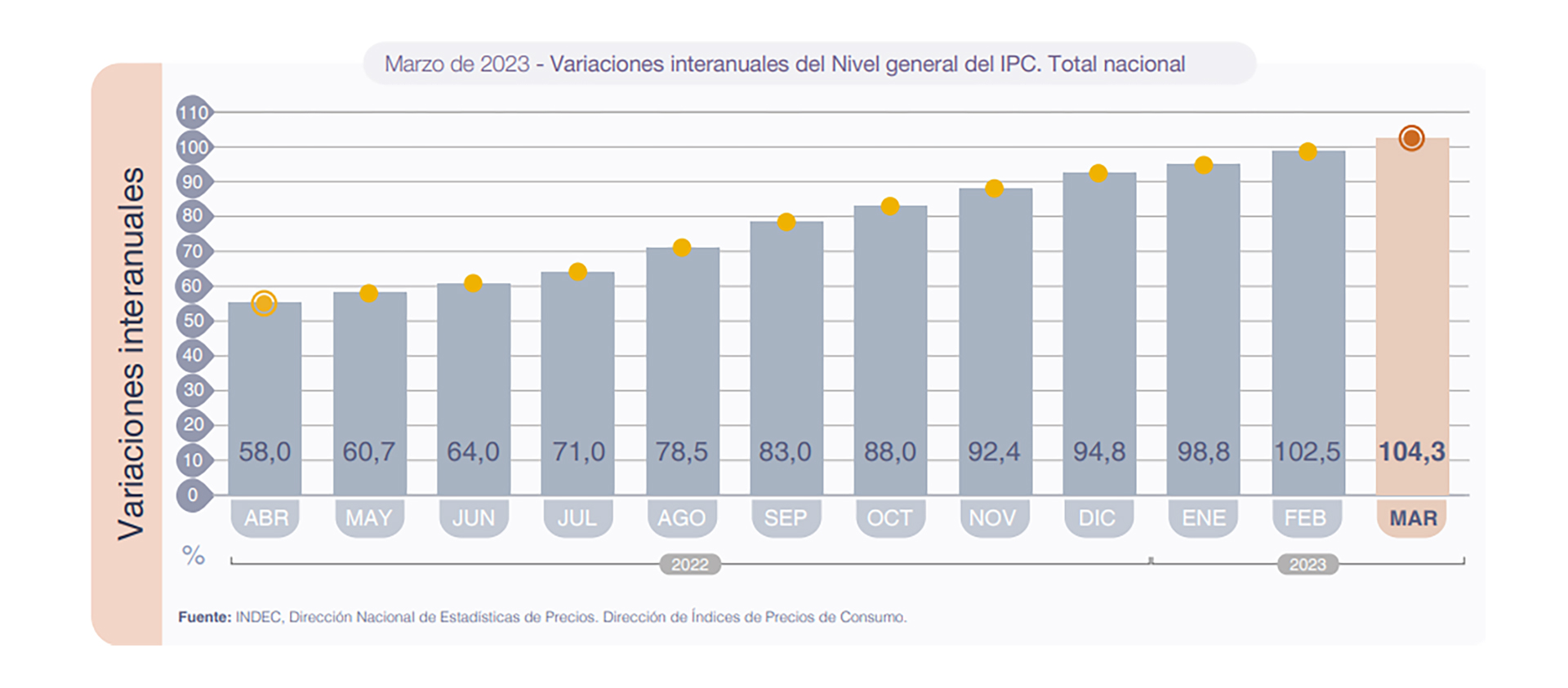The recent debt payments that the Central Bank had to face, added to its manifest difficulties in accumulating foreign currency despite the validity of the third edition of the soybean dollar, made it necessary to focus on the level of net reserves and, above all, , the possibility of recomposing them.
While the “recalibration” of the program agreed with the IMF is being negotiated, a discussion that is “virtually” still ongoing, as the organization recalled yesterday, the Government will have to face additional obstacles in the coming months that conspire against the accumulation of a minimum level of foreign currency: In addition to the poor harvest of soybeans and corn and the lack of sufficient encouragement for producers to sell their stocks, there are also poor prospects for the wheat harvest, debt payments to private creditors and electoral uncertainty that, as is to be expected, , will make its pressure felt in the exchange market.
The last report of 1816 pointed out that in the short term, the prospects for reversing the negative balance of net reserves is more than challenging, even if some understanding were reached with the IMF. Namely:
– The poor harvest of soybeans and corn, with a drop in gross production USD 18,000 million less than that of last year, continues to be the main difficulty in maintaining the balance of the exchange market. With the growth of the exchange rate gap, the incentives to liquidate agriculture are increasingly weak to such an extent that, despite the validity of the differential exchange rate of $300, the BCRA recorded 6 consecutive rounds of sales until last Thursday while on Friday and today he was barely able to raise USD 9 million.
– At the end of the first week of July, the Government must cancel a payment of USD 1,000 million with private creditors for the renegotiation of the debt carried out by the former Minister of Economy, Martín Guzmán. By that date, even if the IMF made the disbursement scheduled for June even though the goals for the first quarter were not met, the reserves will have returned to negative ground unless the agency finally advances the funds for the second semester and makes available at least part of the money to cancel those commitments.

– Electoral uncertainty may imply new financial and, above all, exchange rate turbulence. The consultancy attributes the greatest tension not only to the internal ones in the two main coalitions of the political scene – the Frente de Todos and Juntos por el Cambio – but also to the irruption of Javier Milei. The economic discourse of the libertarian candidate was, for example, considered by the government as a source of market destabilization during the run against the peso last month.
To this description, which extends until the end of the year if one takes into account that the wheat harvest will also be affected by the bad weather conditions according to the latest reports from the Rosario Stock Exchange, is added the few instruments that a Central Bank available to try to counteract the evils to come, which have a clear impact on the rise of the dollar and, therefore, inflation.
In this sense, both the interest rate and the rate of devaluation lose effectiveness and even become tools with more costs than benefits. “The interest rate is no longer an anti-inflationary tool In a normal economy, increasing interest rates can reduce inflation, although not without costs, as is happening to the Fed. With strong inflationary inertia, the causality is reversed and it is the interest rate that is forced to adapt to inflation to avoid a currency run”, warned the economic analysis firm Abeceb, where they pointed out that “successive increases in interest rates interest rates implemented by the BCRA have not made a dent in inflation”.
In this context, the rate of devaluation also imposes an additional difficulty. “In a high inflation regime, the crawling peg signal does not serve to anchor expectations because it feeds inflationary inertia. Every time inflation accelerates, the authority must accelerate inflation, validating the expectations that inflation will be higher”, explained the consultancy founded by the former Minister of Production, Dante Sica.
Keep reading:

